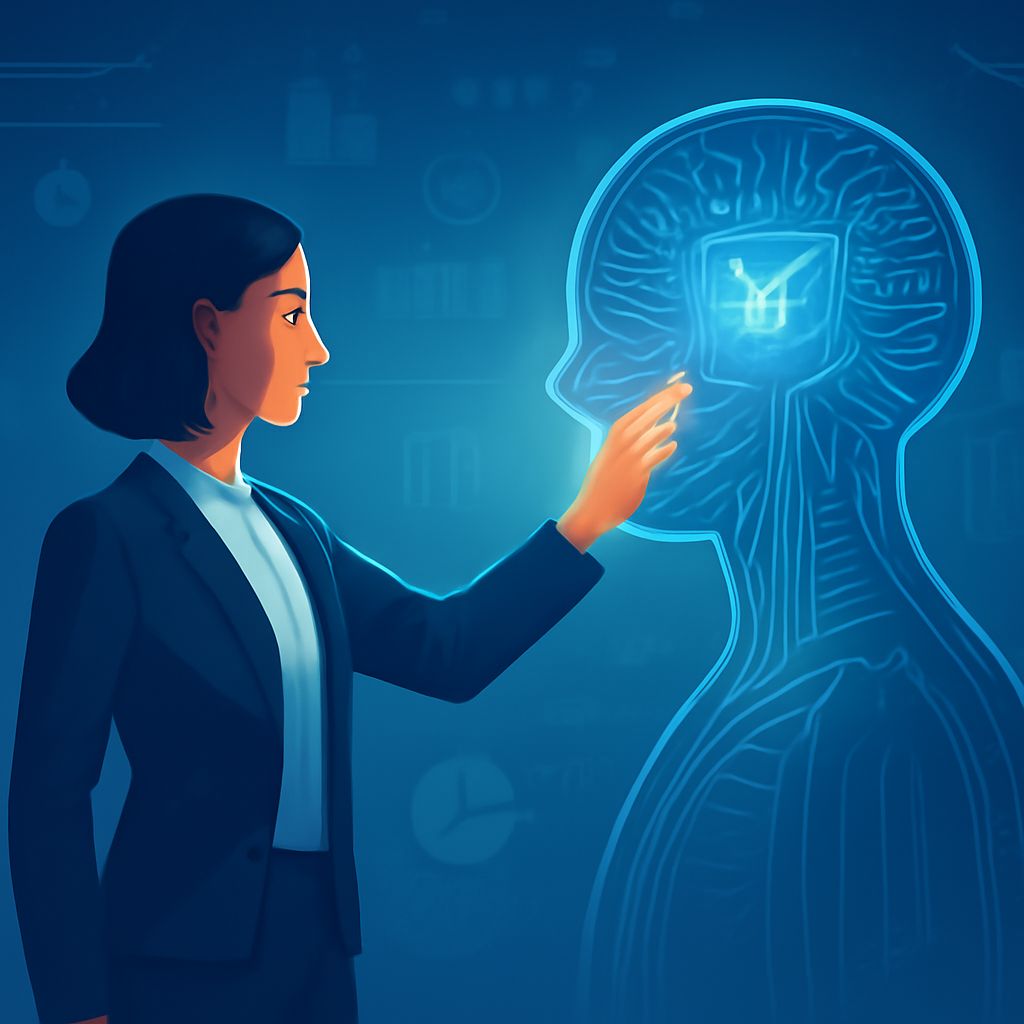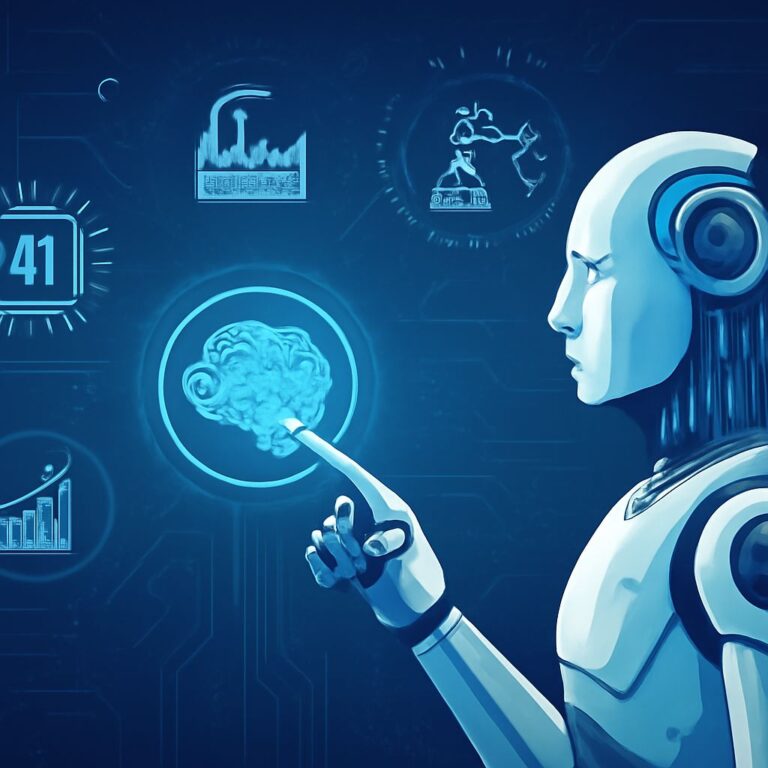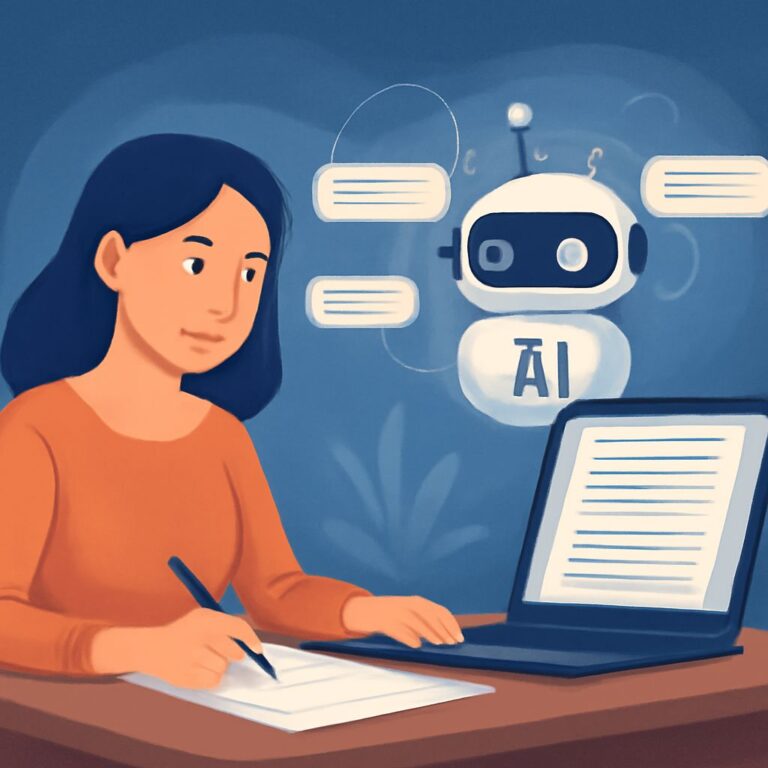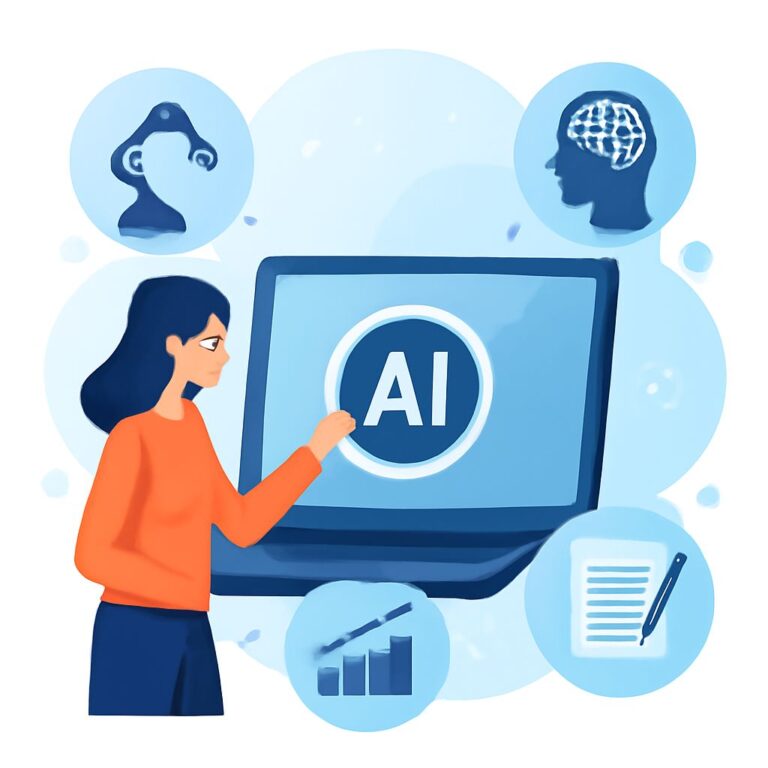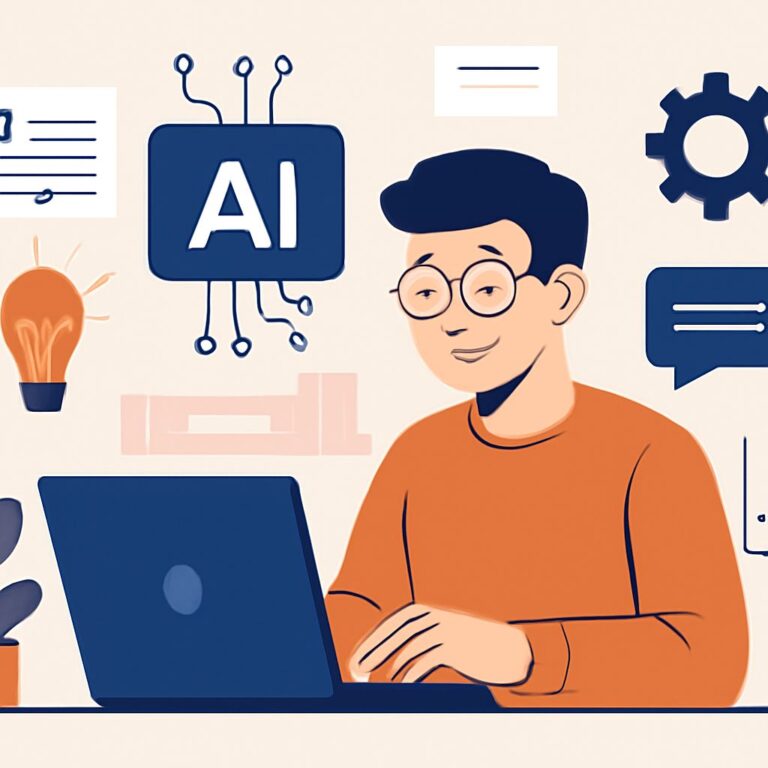Table of Contents
The Evolution of AI in the Workplace
Artificial Intelligence (AI) has been a transformative force in various industries, evolving from a futuristic concept to a foundational technology reshaping how we work. As businesses seek efficiency and innovation, AI is at the forefront, enabling unprecedented advancements in productivity and decision-making processes. Initially, AI technology was predominantly seen in niche applications, but now it permeates almost every industry, leading to significant shifts in job roles and business strategies.
In recent years, AI has transitioned from performing repetitive tasks to undertaking more complex roles, enhancing human capabilities. This transition is not just about replacing human jobs but augmenting our work to unlock new potentials and opportunities. AI systems are now capable of natural language processing, visual recognition, and even crafting basic elements of art, which was once considered a solely human domain. Let’s delve into how AI is enhancing the future of work and pushing the boundaries of what is possible in today’s job landscape.
AI Empowering Industries
AI is empowering industries in several ways, offering powerful tools that significantly alter traditional work environments. Across various sectors, AI is driving efficiency by automating processes and providing deeper insights into operations, which were previously unachievable:
- Automation: From automated customer service to AI-driven data analysis, businesses are leveraging AI to automate mundane tasks, allowing employees to focus on more strategic initiatives. Robotic Process Automation (RPA) is a prime example, where bots handle repetitive clerical tasks, reducing error rates and increasing speed.
- Personalization: AI technologies enable personalized customer experiences, tailoring services and recommendations to meet individual preferences and needs. For instance, in marketing, AI analyzes user data to suggest products that align with customer behavior, thereby increasing engagement and sales conversions.
- Predictive Analytics: With the ability to analyze large datasets, AI offers predictive insights that help businesses anticipate trends, optimize operations, and make data-driven decisions. In sectors like finance, AI can predict market movements, helping companies to mitigate risks and strategize future investments.
With these interventions, AI is not only boosting productivity but also redefining the skill sets required in the job market, creating demand for AI-related expertise across sectors. There is a growing need for professionals skilled in AI algorithm development, machine learning, and data science, which are critical for leveraging the full potential of AI technology.
Challenges and Opportunities
The integration of AI into the workplace is not without challenges. Companies must navigate concerns related to data privacy, ethical use, and workforce displacement. However, these challenges also bring about opportunities to innovate and adapt:
- Ethical AI: Organizations are striving to develop ethical AI frameworks that ensure technology is used responsibly and transparently. This involves implementing guidelines for unbiased data usage and algorithms that respect user consent and privacy.
- Reskilling Workforce: As AI takes over repetitive tasks, there’s a growing demand for reskilling programs to equip workers with skills suited for new job roles that AI creates. Upskilling initiatives are crucial, focusing on areas such as creative problem solving, emotional intelligence, and AI management.
- Collaborative Intelligence: AI is not a replacement for human intelligence but a complement. By fostering a culture of collaborative intelligence, companies can harness AI’s potential while enriching human creativity and problem-solving capabilities. This collaborative approach can lead to innovative solutions and enhanced employee satisfaction as humans and machines work together harmoniously.
AI Applications Across Diverse Sectors
AI’s impact is widespread, and its applications are numerous, spanning several key sectors. Here’s how different industries are capitalizing on AI technologies:
Healthcare
In the healthcare sector, AI is revolutionizing diagnostics and personalized medicine. AI systems are used to analyze medical images with greater accuracy and speed than human counterparts, leading to earlier diagnoses and better patient outcomes. Furthermore, AI-driven predictive analytics help in forecasting disease trends and managing public health crises more efficiently.
Finance
AI in finance is rapidly advancing to support tasks such as fraud detection, credit scoring, and algorithmic trading. These enhancements contribute to more secure transactions, reduced operational costs, and optimized trading strategies, setting new standards for efficiency in financial services.
Manufacturing
The manufacturing industry benefits immensely from AI through smart factories and predictive maintenance. AI helps in monitoring equipment in real time, foreseeing failures before they happen, which minimizes downtimes and improves production efficiency.
Retail
AI technologies in retail facilitate inventory management, pricing strategy optimization, and enhancing customer service through chatbots. These innovations lead to a more streamlined shopping experience, boosting customer satisfaction and loyalty.
Future Directions and Innovations
As AI continues to evolve, its future holds even greater promise with emerging technologies such as Quantum Computing and AI-Machine Learning fusion set to redefine capabilities and scale. One of the exciting prospects is the development of AI systems that can explain their decision-making processes in understandable human terms, which can further facilitate collaboration and trust between humans and machines.
Additionally, the advent of AI in creative fields, from music and art generation to writing, opens up debates about originality and the scope of AI creativity. As AI becomes more integrated into society, discussions around policies, ethical principles, and legal implications are gaining momentum, aiming to foster an environment where AI innovations benefit society at large.
FAQ
How does AI improve productivity in the workplace?
AI enhances productivity by automating repetitive tasks, enabling employees to focus on creative and strategic tasks, thus improving overall efficiency and output. For example, in data entry, AI can swiftly process and analyze information, reducing the burden on human workers who can then channel their efforts into tasks requiring critical thinking and creativity.
What industries are most affected by AI advancements?
Industry sectors like finance, healthcare, manufacturing, and customer service are most impacted by AI advancements, significantly benefiting from automation and improved data analysis capabilities. These sectors have observed transformative changes such as streamlined operations, enhanced customer experiences, and considerable cost reductions, translating into competitive market advantages.
How is AI influencing future job markets?
AI is reshaping job markets by creating new roles and altering traditional ones. Skills in AI and data sciences are in high demand, and professionals with these competencies are crucial for harnessing AI’s full potential. Simultaneously, roles that emphasize human traits, such as empathy and creative problem-solving, are gaining importance in the AI age. This shift necessitates adaptable educational and training programs aligned with emerging technological trends.

